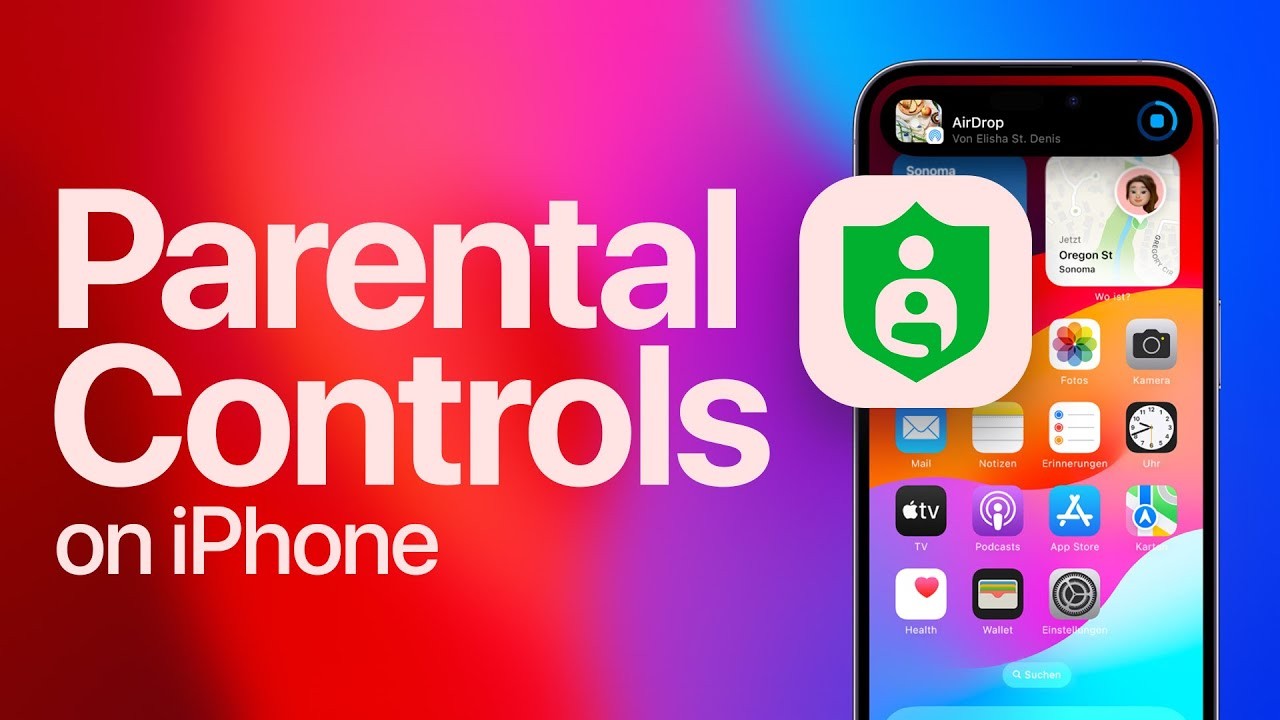Understanding Cell Phone Spyware: Risks, Ethics, and Protection
In today’s digital age, cell phones are more than just communication tools; they are repositories of personal data, social interactions, and sensitive information. As a result, the rise of iPhone spy spyware has become a pressing concern for users, privacy advocates, and cybersecurity experts alike. This article explores what cell phone spyware is, how it works, the ethical implications, and ways to protect oneself from potential threats.
What is Cell Phone Spyware?
Cell phone spyware is a type of malicious software designed to monitor and track activities on a smartphone without the user’s knowledge. It can be installed on both Android and iOS devices, often masquerading as legitimate apps or software. Once installed, spyware can access a wide range of data, including:
- Text messages: Read incoming and outgoing messages.
- Call logs: Monitor who has been contacted and when.
- Location data: Track the device’s real-time GPS location.
- Photos and videos: Access media files stored on the device.
- Social media interactions: Monitor activities on platforms like Facebook, Instagram, and Snapchat.
Spyware can be used for various purposes, from parental control and employee monitoring to malicious activities such as identity theft and harassment.
How Does Cell Phone Spyware Work?
Spyware operates in a stealthy manner, often running in the background while users go about their daily activities. Here’s how it typically works:
- Installation: Spyware is often installed through deceptive means, such as phishing emails, malicious links, or by physically accessing the device. Users might unknowingly install it by granting permissions to a seemingly harmless app.
- Data Collection: Once installed, the spyware begins collecting data. This can include keystrokes, screen captures, and access to the device’s microphone and camera, allowing the spy to listen in on conversations or record video without the user’s knowledge.
- Data Transmission: The collected data is then transmitted to a remote server controlled by the attacker. This is often done through an internet connection, allowing the spy to access the information from anywhere in the world.
Ethical Implications
The use of cell phone spyware raises significant ethical questions. While some may argue that spyware can be beneficial in certain situations, such as protecting children or ensuring employee productivity, the potential for abuse is high. Unauthorized surveillance can violate privacy rights, lead to emotional distress, and contribute to a culture of mistrust.
Legal Considerations
Laws regarding the use of spyware vary by country and region. In many places, installing spyware on someone else’s device without their consent is illegal. However, the line between acceptable monitoring and invasive spying can sometimes blur, particularly in relationships or workplace environments. Users should be aware of the legal implications and ethical considerations before resorting to spyware.
Protecting Yourself from Cell Phone Spyware
Given the potential risks associated with cell phone spyware, it’s crucial to take proactive measures to protect yourself. Here are some effective strategies:
- Install Security Software: Use reputable antivirus and anti-spyware applications to detect and remove malicious software. Regularly update this software to protect against the latest threats.
- Be Wary of Unknown Apps: Avoid downloading apps from unknown sources or third-party app stores. Always check reviews and verify the developer’s credibility.
- Update Your Operating System: Regularly updating your device’s operating system can help protect against vulnerabilities that spyware might exploit.
- Review App Permissions: Before installing any app, review the permissions it requests. Be cautious of apps that ask for more access than necessary.
- Use Strong Passwords and Two-Factor Authentication: Protect your accounts with strong, unique passwords and enable two-factor authentication whenever possible.
- Monitor Your Device’s Behavior: Be aware of any unusual behavior on your device, such as excessive battery drain, unexpected pop-ups, or strange applications. These can be signs of spyware or other malicious software.
Conclusion
Cell phone spyware poses a significant threat to personal privacy and security in an increasingly digital world. Understanding how spyware operates, its ethical implications, and the legal landscape surrounding its use is crucial for protecting oneself. By taking proactive steps to secure personal devices, individuals can help safeguard their information and maintain their privacy in an age where technology is both a boon and a potential hazard.

